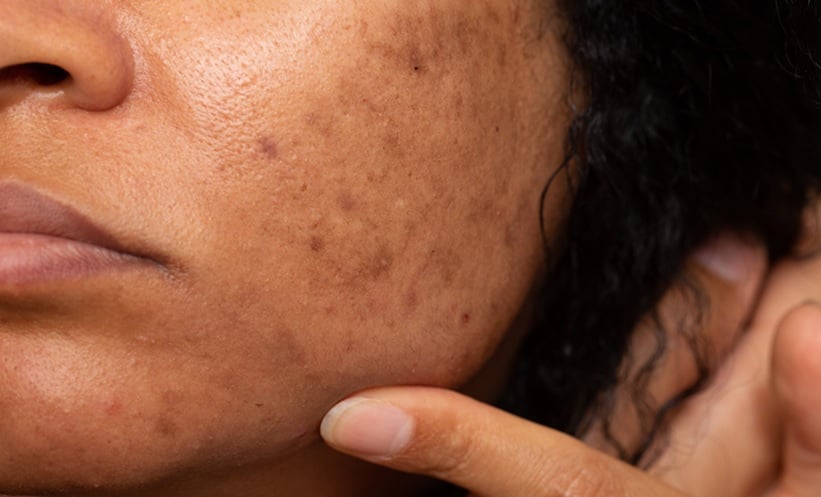FACIAL hyperpigmentation is a common dermatological concern, comprising conditions such as melasma, ephelides (freckles), solar lentigo, acquired dermal melanocytosis (ADM), and the more serious lentigo maligna (LM) and lentigo maligna melanoma (LMM). Accurate diagnosis is essential, as treatments, particularly laser therapies, differ greatly depending on the lesion. For instance, while pigment-specific lasers can effectively treat ephelides and solar lentigo, they may worsen melasma or dangerously delay necessary excision of LM/LMM.
A recent study has demonstrated that deep learning models can enhance diagnostic accuracy in differentiating these pigmented lesions. Leveraging convolutional neural networks (CNNs), including InceptionResNetV2 and DenseNet121, researchers trained their models on a relatively small but diverse image dataset. Impressively, the models achieved diagnostic accuracies of 87% and 86%, outperforming board-certified dermatologists (80%) and dermatology residents (63%). Crucially, the AI demonstrated 100% sensitivity in identifying LM/LMM, highlighting its potential in avoiding delayed melanoma treatment.
This study is notable for its focus on common benign and malignant facial lesions relevant to laser therapy planning, a subject underexplored in previous research. While not designed to select laser parameters or predict treatment outcomes, the system supports clinicians in determining when such treatments are appropriate. It could be particularly valuable in settings with limited dermatological expertise.
However, the study is not without limitations. The dataset used was small, and images were split at the image rather than patient level, possibly inflating performance metrics. Images were also captured under controlled conditions, potentially limiting real-world applicability. Broader validation, including patient-level data separation and multi-centre trials, is needed before clinical deployment.
Nonetheless, the findings are promising. Deep learning may soon serve as a diagnostic support tool, aiding both specialists and general practitioners in managing facial pigmentation disorders, improving outcomes while reducing the risk of misdiagnosis and inappropriate treatment.
Reference
Yamamoto H, Nakashima C, Kasai K, et al. Deep Learning-Based Classification System for Facial Pigmented Lesions to Aid Laser Treatment Decisions. Cureus. 2025;17(6):e85428. Published 2025 Jun 5. doi:10.7759/cureus.85428








